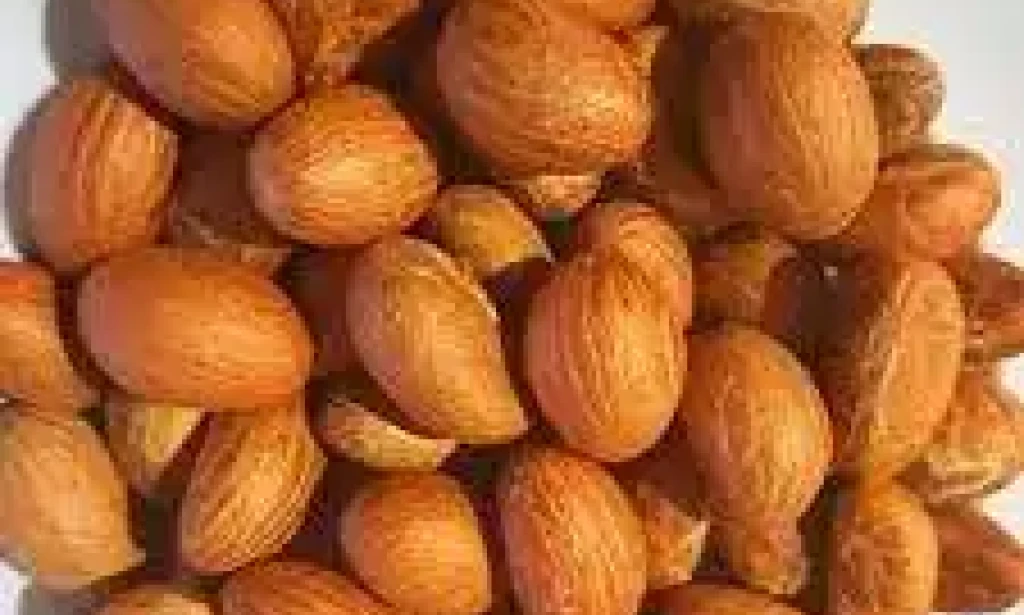Bitter Kola (Garcinia kola) is a medicinal plant native to West and Central Africa, widely used in traditional medicine for its remarkable health benefits. Known for its bitter taste and potent bioactive compounds, bitter kola has garnered significant attention in recent years for its potential role in cancer treatment and management.
Traditional Uses of Bitter Kola
For centuries, bitter kola has been used to treat a variety of ailments, including coughs, infections, and inflammation. Its seeds contain powerful antioxidants, antimicrobial agents, and anti-inflammatory compounds, making it a staple in folk remedies across African communities.
Bioactive Compounds with Anticancer Potential
Scientific studies have identified several bioactive compounds in bitter kola that contribute to its medicinal properties. Notably, flavonoids, phenolic compounds, and kolaviron—a unique biflavonoid complex—are abundant in bitter kola seeds. These compounds have demonstrated significant antioxidant, anti-inflammatory, and antiproliferative effects, which are crucial in the fight against cancer.
Mechanisms of Action in Cancer Management
Antioxidant Activity: Bitter kola's rich antioxidant content helps neutralize free radicals, which are unstable molecules that cause oxidative stress and damage to DNA, potentially leading to cancer development.
Anti-Inflammatory Effects: Chronic inflammation is a known factor in cancer progression. Bitter kola's anti-inflammatory compounds help reduce inflammation, potentially slowing tumor growth.
Inhibition of Cancer Cell Growth: Studies indicate that kolaviron and other flavonoids in bitter kola can inhibit the proliferation of cancer cells by inducing apoptosis (programmed cell death) and arresting the cell cycle, thereby preventing the spread of malignant cells.
Enhancement of Immune Response: Bitter kola has been shown to modulate the immune system, enhancing the body's natural ability to detect and destroy cancer cells.
Scientific Evidence Supporting Bitter Kola’s Anticancer Effects
Several in vitro (test tube) and animal studies have highlighted the promising anticancer effects of bitter kola:
Breast Cancer: Research indicates that kolaviron extracts can reduce the viability of breast cancer cells by inducing apoptosis and inhibiting cell migration.
Prostate Cancer: Studies suggest that bitter kola extracts suppress prostate cancer cell growth and promote apoptosis through modulation of key signaling pathways.
Liver and Colon Cancer: Experimental data also support bitter kola’s ability to protect against chemically-induced liver and colon cancers by reducing oxidative stress and inflammatory markers.
Potential as an Adjunct Therapy
While bitter kola shows promise, it is important to emphasize that it should not replace conventional cancer treatments such as chemotherapy, radiation, or surgery. Instead, bitter kola may serve as a complementary therapy to enhance treatment efficacy and reduce side effects due to its antioxidant and anti-inflammatory properties.
Precautions and Future Directions
Despite its benefits, excessive consumption of bitter kola can lead to adverse effects such as nausea or headaches. Further clinical trials are necessary to establish standardized dosages, safety, and efficacy in humans.
Researchers continue to explore bitter kola's full potential in oncology, aiming to develop new natural-based therapies that are both effective and affordable.

You must be logged in to post a comment.